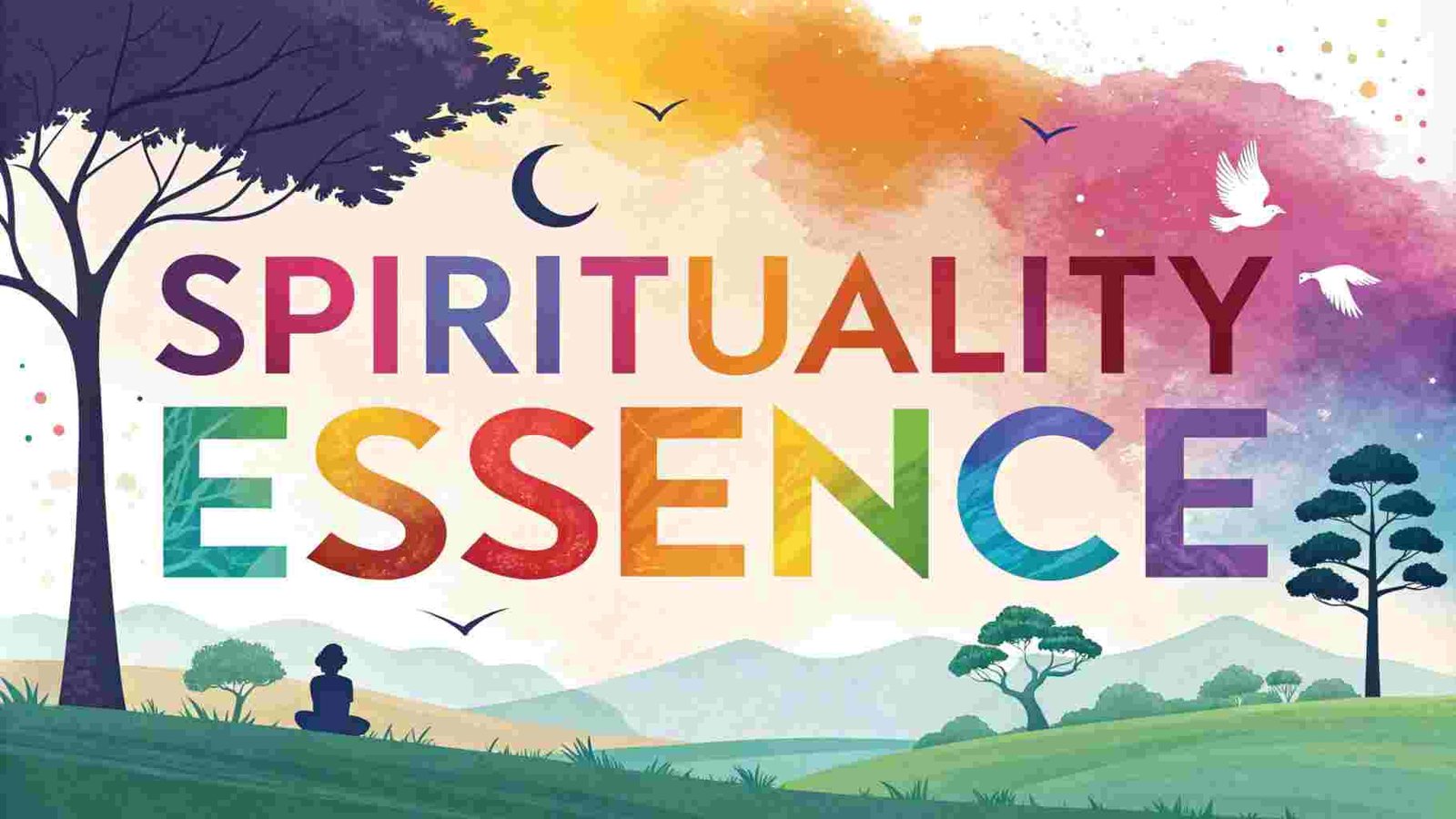Lions are strong and brave animals. They remind us of courage and a royal spirit. This symbolism shows up in many cultures through art and stories. But what does it mean to be like a lion in your own life? Let's look at how this powerful symbol can help shape who you are.
Thinking like a lion can inspire you to be a leader and protector. When you feel scared, remember the lion's bravery. You can face your fears head-on. Just like lions stand tall in the wild, you can stand tall in your life.
Using lion-like qualities can help you make better choices and face challenges. It encourages you to be confident and proud. Whenever you feel uncertain, think about the strength and grace of a lion. Allow that energy to fill you up.
Being brave, just like a lion, can bring positive changes to your life. It helps you connect with others and take charge. So, embrace the lion's spirit and let it guide you to become your best self.
Key Takeaways
Lions stand for courage and bravery. They remind us that we can face our fears and overcome challenges. Many cultures see lions as symbols of strength. They also represent nobility and leadership throughout history.
In mythology, lions protect and provide strength. For example, the goddess Durga rides a lion, and the lioness Sekhmet is known for her power. These stories show how important lions are as protectors.
Artists often show lions in their work, sharing messages of hope, sacrifice, and community. These images can bring people together and build connections.
When we embrace our inner lion, we grow personally. It helps us recognize our own strength and inspires others to do the same. Remember, being brave like a lion can lead us to incredible things!
The Lion in Mythology: Legends of Power and Protection

Lions have been a big symbol of power and protection throughout history. Many cultures have lion gods or goddesses that act as guardians.
For example, in ancient Egypt, people admired Sekhmet, a strong lioness goddess who fought chaos and brought safety.
In Hindu stories, the lion is a symbol of strength and safety too. The goddess Durga rides a lion as she battles evil forces. This shows how lions represent bravery and protection.
Another famous lion is the Sphinx. The Sphinx asked tricky questions that tested human wisdom. It made people think hard, showing the mystery and power of lions.
As you read these stories, think about how they connect to your own life. They can inspire you to find your own strength and protection, reminding you of the power that lions represent in many cultures.
Cultural Significance: Lions in Various Traditions
Lions are important symbols in many cultures around the world. In ancient Egypt, they stand for protection and power. People often showed them in art as guardians of the afterlife.
In Hindu culture, lions represent the goddess Durga. She symbolizes strength and helps people overcome challenges.
In Africa, many tribes see lions as symbols of courage and community. They respect lions for their bravery.
In Western cultures, lions appear on family crests. These lions show nobility and valor.
These beliefs show how lions bring people together. They connect us through shared values of bravery and loyalty. You can draw strength from these traditions and find your own courage in life.
The Lion as a Symbol of Leadership

Leadership is about being brave and making good choices. The lion is a strong symbol of these traits. When you think of a lion, you see its proud look. That look shows confidence and strength. As a leader, you should also show these qualities. You can be firm but also kind, strong yet fair.
When you lead well, you make others want to follow you. This creates a team that feels like a family.
Like a lion, you need to stand strong at the front. It helps others see their own power too. The lion's loud roar is a reminder that being a leader means being seen and heard.
True leadership isn't just about being in charge. It's about bringing people together and sharing a goal. As a leader, you're both a guide and a protector for your team.
Artistic Representations: Lions in Art and Literature
Lions have amazed people for a long time. Artists and writers from different cultures often use lions as powerful symbols. They show important feelings and experiences. Lions represent courage, wisdom, and strength.
Let's look at how they do this:
- Mythology: In stories like Hercules, lions represent protection and bravery.
- Literature: Characters like Aslan from C.S. Lewis's *The Chronicles of Narnia* show hope and sacrifice.
- Visual Art: Lions are found in everything, from old coat of arms to modern sculptures, capturing our attention.
- Cultural Symbolism: Many flags and coats of arms have lions, symbolizing power and unity.
These images of lions help people feel connected to something greater than themselves.
Embracing the Lion Within: Cultivating Courage and Confidence

Courage can feel like a loud roar inside you, pushing you to take steps toward your true potential. To build this brave spirit, you must connect with your inner strength.
Remember, fear is just a shadow. This thought can help you grow. Imagine yourself as a lion, strong and ready to tackle any challenge.
Every action you take, like speaking up or trying something new, shows the courage that lives inside you. It helps to be around supportive people. Share your journey with them, as a strong community boosts your bravery.
By embracing your inner lion, you won't only gain strength but also inspire others to find their voice.
Step into your power, and let your courage shine bright!
Frequently Asked Questions
What Do Lion Tattoos Symbolize in Modern Culture?
Lion tattoos mean strength, bravery, and leadership in today's culture. When you wear a lion tattoo, it shows you value these traits. It helps you feel part of a community that loves resilience and the power of nature. People often see lions as symbols of courage and confidence. If you love these ideas, a lion tattoo might be right for you!
Can Lions Be Seen as Symbols of Feminine Strength?
Yes, lions can represent feminine strength. The lioness shows us what it means to be strong. She is tough, caring, and knows how to take a stand. This reminds us that real strength lives in the hearts and spirits of women. Lionesses work together to raise their young, showing teamwork and support. They protect their families fiercely, proving that strength comes in many forms. Just like lionesses, women can be both nurturing and powerful.
What Role Do Lions Play in Horoscopes or Astrology?
Lions are a symbol of the zodiac sign Leo in astrology. People born under the sign of Leo are known for being confident and strong leaders. They have a fiery spirit that attracts others to them. Leos enjoy making friends and building a sense of community. Their charisma helps them connect easily with people around them. If you see a Leo, you'll notice their warm energy and bright personality!
How Do Lions Influence Team Mascots in Sports?
Lions are a big part of team mascots because they stand for strength and teamwork. Teams use lion images to show power and to bring fans together. When people cheer for their lion mascot, they feel like they are part of a strong group with a shared goal. Embracing the lion image connects everyone, creating a spirit of determination and pride.
Are There Any Negative Connotations Associated With Lion Symbolism?
Lions are often seen as symbols of strength. But they can also have some negative meanings. People may see them as scary hunters, which can make others feel fear and aggression. In some cultures, lions represent power and authority. This can mean a tough rule that isn't always kind. Instead of bringing people together, this view can create division. So, while lions are admired for their strength, it's important to remember the other feelings they can bring up.

Hello, I’m Zephyra, your guide at SpiritualityEssence.com. I’m passionate about uncovering life’s mysteries and sharing transformative insights. Let’s explore mindfulness, ancient rituals, and the path to a more awakened life together. Join me on this spiritual journey!

















